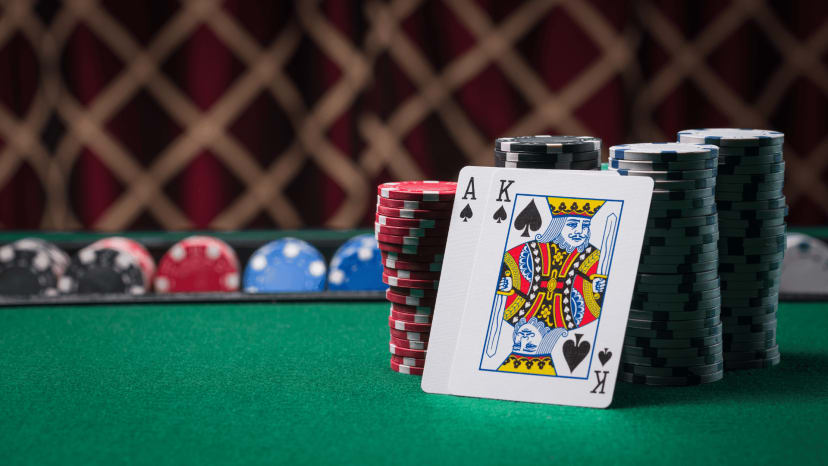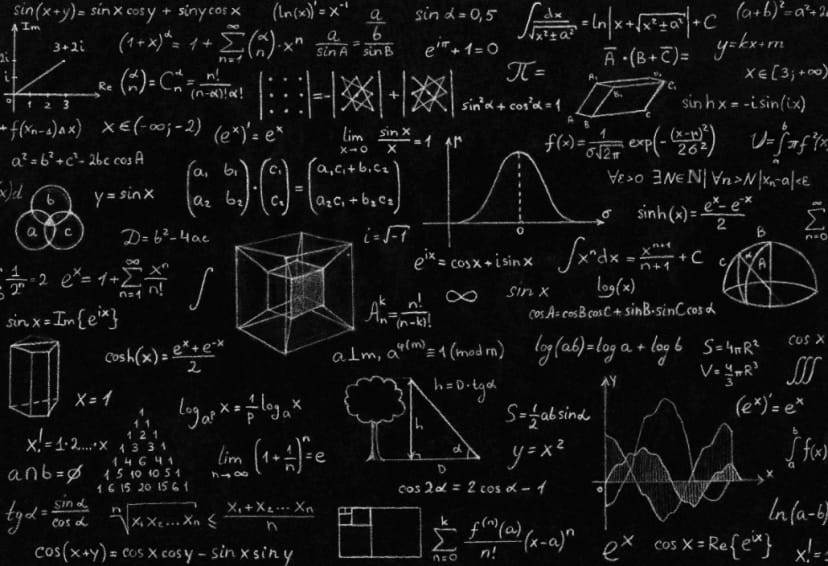Poker is a card game with a long and storied history, boasting a wide array of variations. To truly master poker, you need to grasp not just the rules but also the specific lingo used at the tables, whether you're playing online in Ghana or at a live venue.
This guide dives into an extensive list of poker terms and their definitions, designed to help both newcomers and seasoned players in Ghana level up their game. Understanding poker jargon is essential, whether you're enjoying a casual online session or competing in a high-stakes tournament.
Common Poker Terms Explained for Ghanaian Players
- Ante - A small compulsory bet that all players contribute before the cards are dealt.
- All-In - When a player wagers all their available chips in a hand.
- Action - Refers to the betting, raising, and calling that occurs during a hand.
- Bluff - To bet or raise with a weak hand, hoping to force opponents to fold.
- Bad beat - When a player with a strong hand loses to a player with a weaker hand, purely down to luck.
- Bankroll - The total amount of money a player has allocated for playing poker.
- Bet - An amount of money wagered on a particular hand.
- Big blind - A mandatory bet placed by the player directly to the left of the small blind in certain poker game types unique to Ghanaian online casinos.
- Blind - A forced bet made by one or two players at the start of each hand.
- Button - A marker indicating the dealer's position for the current hand.
- Call - To match a bet made by an opponent.
- Check - To pass on betting for the current round, if no bet has been made prior.
- Community cards - Shared cards dealt face-up that all players can use.
- Check-raise - To check initially, then make a raise after another player bets.
- Draw - A hand where a player attempts to improve their current hand by discarding and receiving new cards.
- Drop - To fold your hand and exit the current round.
- Early position - Acting early in a betting round, usually the first few players to act.
- Exposed card - A card that is accidentally revealed to other players during dealing or play.
- Edge - A slight advantage a player holds over their opponents.
- Flop - The first three community cards dealt face-up, a key moment in games like Texas Hold'em popular in Ghana.
- Fold - To give up your hand and withdraw from the current round.
- Full House - A hand consisting of three cards of one rank and two cards of another rank.
- Flush - A poker hand consisting of five cards of the same suit.
- Gutshot - A straight draw in which a player needs one specific card in the middle of the sequence to complete the hand, such as holding 7-8 and needing a 9.
- Heads Up - A game in which only two players play against each other.
- Hole Cards - The cards that are dealt face down to each player at the beginning of each round
- Jackpot - A special bonus payout for hitting a rare hand, such as a royal flush.
- Jam - To go all-in one hand.
- Kicker - A card that is used to break a tie between two players who have the same hand ranking.
- Knockout tournament - A poker tournament format in which each player has a bounty on their head, and when they are eliminated, the player who eliminated them receives the bounty.
- Laydown - To fold a hand, especially a strong one, after facing a large bet or raise.
- Limit - A type of poker betting structure in which there is a fixed maximum bet size and a limited number of rises per betting round.
- Lowball - A type of poker game in which the lowest hand wins, such as a 2-7 Triple Draw.
- Main pot - The primary pot in a hand, which is created when one or more players go all-in and cannot match subsequent bets.
- Monster - A very strong hand, such as a full house or better.
- No-Limit - A type of poker betting structure in which there is no maximum bet size, and players can bet all of their chips at any time.
- Nuts - The best possible hand at any given point in the hand.
- Nut low - In high-low split games, the best possible low hand.
- Nine-handed - A poker game or table with nine players.
- Offsuit - Cards that are of different suits, such as a king of hearts and a queen of spades.
- Open-ended straight draw - A hand that needs one of two possible cards to make a straight, such as holding a 7-8 and needing either a 6 or a 9 to complete the straight.
- Out - A card that can improve a player's hand and potentially win the pot.
- Overlay - A poker tournament in which the total prize pool is greater than the combined buy-ins of all players.
- Overpair - A pocket pair that is higher than any of the community cards.
- Pot - the total amount of chips or money in play.
- Pocket cards - The two cards dealt face down to a player in a game of Texas Hold'em.
- Position - A player's place at the table relative to the dealer, which can impact the order of betting and the information available about other players' actions.
- Pot-limit - A type of poker betting structure in which the maximum bet size is the current size of the pot.
- Preflop - The period of play before the flop is dealt, when players have only their pocket cards and must decide whether to bet, call, or fold.
- Pair - Two cards of the same rank, such as two jacks or two sixes.
- Raise - increasing the current bet in order to stay in the game.
- River - the fifth and final community card dealt in Texas Hold'em and Omaha.
- Rebuy - In a tournament, the option to buy back into the game after being eliminated.
- Round of betting - One complete cycle of betting, usually starting with the player to the left of the dealer.
- Royal flush - The highest-ranking hand in poker, consisting of the ace, king, queen, jack, and ten of a single suit.
- Showdown - The final phase of a hand where players turn over their cards to determine the winner.
- Small blind - The forced bet placed by the player to the left of the dealer in Texas Hold'em and Omaha.
- Split pot - A pot that is divided equally between two or more players because they have equivalent hands.
- Straddle - A voluntary bet made by the player to the left of the big blind before the cards are dealt, usually double the big blind.
- Straight - A poker hand consisting of five cards in sequence, such as 4-5-6-7-8.
- Trips - Three of a kind made with one hole card and two on the board in Texas Hold'em.
- Turn - The fourth community card in Texas Hold'em, dealt face up on the board after the flop.
- Table stakes - A betting rule where players can only bet on the chips they have on the table at the beginning of the hand, and cannot add more during the hand.
- Under the gun - The position of the player who must act first in the betting round, located to the left of the big blind in Texas Hold'em.
- Underdog - A hand or player that is not favored to win the pot.
- Upcard - A card dealt face-up in a game of stud poker.
- Value bet - A bet made with a strong hand to extract value from opponents who have weaker hands.
- Wheel - The lowest possible straight, consisting of A-2-3-4-5.
Conclusion
There are many terms and definitions to learn if you are a poker beginner. But without knowing them, you won't succeed at the poker table. Some of the most critical terms to be familiar with include "ante," "bet," "check," "raise," "fold," and "pot." Also, there are terms associated with particular types of poker, such as "flop" in Texas Hold'em and "lowball" in 2-7 Triple Draw.
"Position" is one of the most important terms in poker, which means a player's position at the table relative to the dealer. When it comes to betting and bluffing, understanding position is essential.
FAQ
What are common poker terms?
Poker terms are specific words and phrases used within the game of poker. They help players describe various aspects, including the cards being played, the types of bets made, the roles of different players, and the strategies employed during a hand.
What is a straddle in poker?
In poker, a straddle is an optional blind bet placed by the player seated to the immediate left of the big blind, before any cards are dealt. This bet is typically double the size of the big blind. A straddle effectively raises the stakes for that hand and gives the straddling player the advantage of acting last before the flop.
What does 'equity' mean in poker?
In poker, 'equity' refers to the statistical percentage of the total pot that a player can expect to win over the long term. This calculation is based on the strength of their current hand and the probability of various cards appearing in subsequent rounds.
What is ICM in poker?
ICM, or Independent Chip Model, is a mathematical framework used in poker tournaments to determine the real-money value of a player's chip stack. It considers the prize pool distribution and the number of players remaining. The ICM model is crucial for players to formulate optimal strategies, especially in the later stages of a tournament, by understanding the monetary value of their chips rather than just their quantity.















